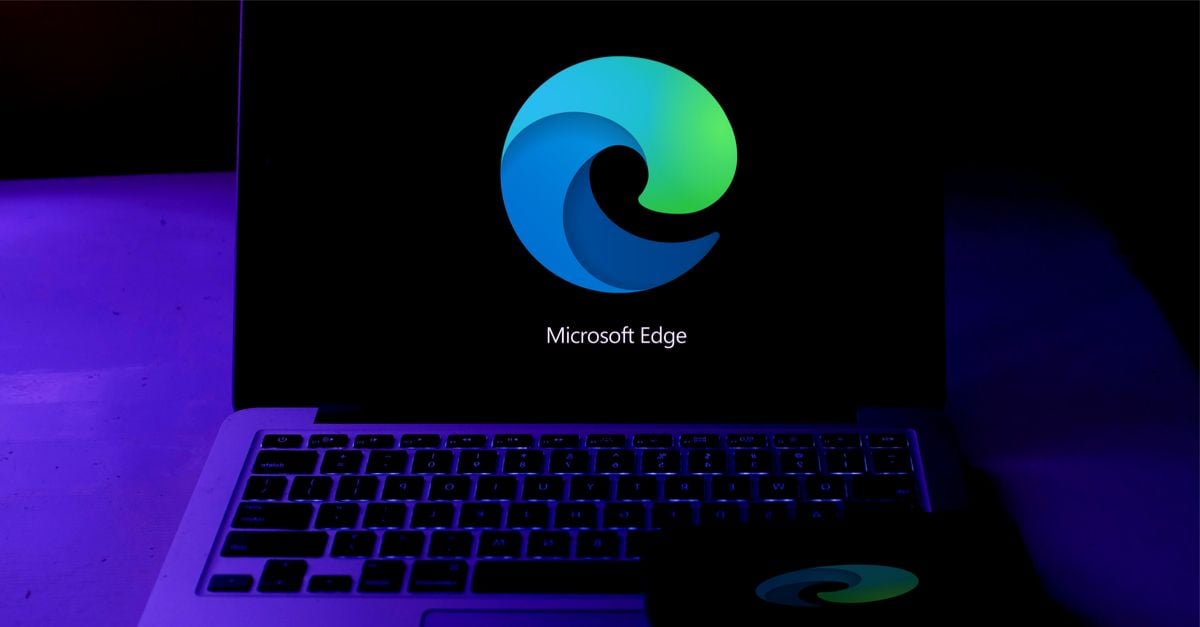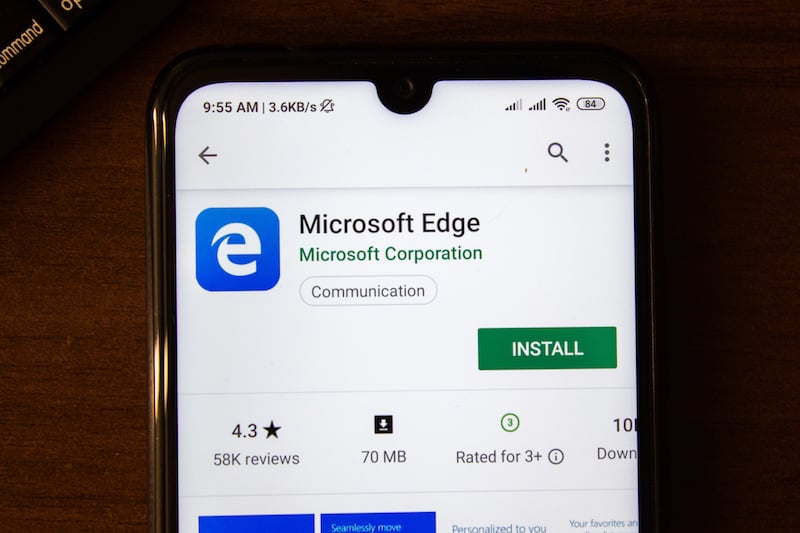Security News

Infoblox identified the challenges Communication Service Providers face in transitioning to distributed cloud models, as well as the use cases for multi-access edge computing, 5G New Radio, and 5G Next Generation Core networks. "Distributed cloud models such as 5G and multi-access edge computing networks have the potential to drastically change the CSP industry, delivering high-bandwidth, low latency services to network customers," said Dilip Pillaipakam, Vice President and GM of Service Provider Business at Infoblox.

VMware announced the availability of the second generation of VMware Cloud on Dell EMC, a cloud service that combines the simplicity and agility of the public cloud with the security and control of enterprise-grade on-premises infrastructure. "Today's IT teams are under constant pressure to deliver the advantages of a cloud operating model-namely, speed and agility-while still accounting for key security and compliance assurances," said Fidelma Russo, senior vice president and general manager, VMware Cloud on Dell EMC. "VMware Cloud on Dell EMC further enables IT teams to transform the operation, management and protection of their on-premises infrastructure to a cloud model. Organizations can migrate existing VMware-based workloads immediately to this cloud service, eliminating any re-development, re-factoring, or architectural rework and related costs."

New Relic, the industry's largest and most comprehensive cloud-based observability platform built to help customers create more perfect software, introduced New Relic Edge with Infinite Tracing. New Relic Edge with Infinite Tracing observes all of a workload's trace data, and then forwards the most relevant data to New Relic for easy visualization in order for teams to find errors faster.

BittWare, a Molex company, a leading supplier of enterprise-class FPGA accelerator products, is pleased to introduce the all new TeraBox 200DE edge server. Building upon the success of our market-leading range of TeraBox servers for the data center, the TeraBox 200DE enables world-class FPGA acceleration to be deployed in the more challenging, harsh environments demanded of edge applications.

After re-Chroming its Edge browser last summer, Microsoft this week announced a list of new security and privacy features it plans to add to forthcoming versions in an effort to take on its rivals. The third is called Password Monitor, a feature that will tell Edge users when usernames and passwords they've entered on a website have been found on the dark web.

While the affected service may reset passwords to prevent abuse, it's not uncommon for users to set the same password for other websites as well, leaving them exposed to credential stuffing attacks. Microsoft says the Password Monitor feature in Edge will notify users if the password they are entering using autofill has been offered for sale on dark web sites.

To resolve such issues, Amnimo is developing the Edge Gateway, which is optimized for IIoT. The objective is to equip the Edge Gateway with LTE communication features that can be used in a wide variety of industries; in particular, to develop an optimal design for use in surveillance-camera systems. Amnimo Edge Gateway characteristics Wide operating temperature range and power voltage range.

New Mexico school districts, universities, and government agencies have collectively spent millions of dollars to regain control of their computer systems after employees unknowingly opened emails containing an encrypted code that effectively shut them out of their systems. The ransomware attacks occurred between January 2018 and February 2020, and have put school districts and agencies on edge amid warnings of more technology terror, the Albuquerque Journal reports.

The traditional network security model, in which traffic is routed through the data center for inspection and policy enforcement, is for all intents and purposes obsolete. The writing is on the wall: security needs to move from the data center to the edge of the network.

Microsoft Edge is one of the least private web browsers - even more so than other popular browsers like Google Chrome and Mozilla Firefox - according to academic researchers. According to the analysis, from Douglas Leith with the School of Computer Science and Statistics at Trinity College in Ireland, Edge sends privacy-invasive telemetry to Microsoft's back-end servers - including "Persistent" device identifiers and URLs typed into browsing pages.